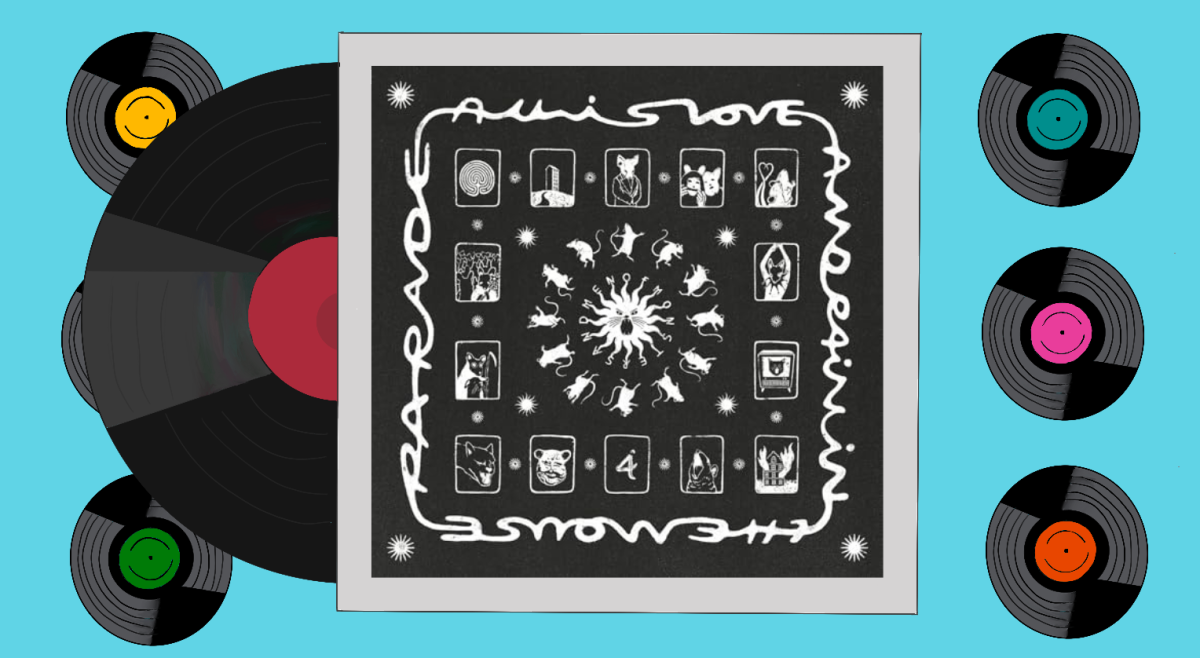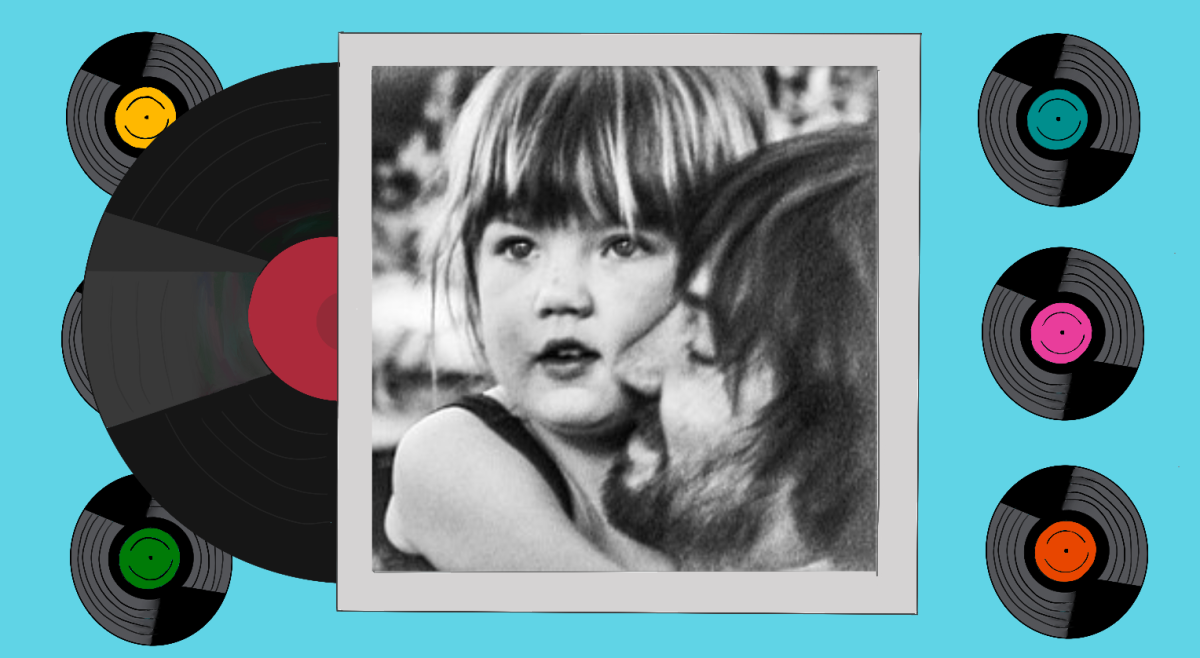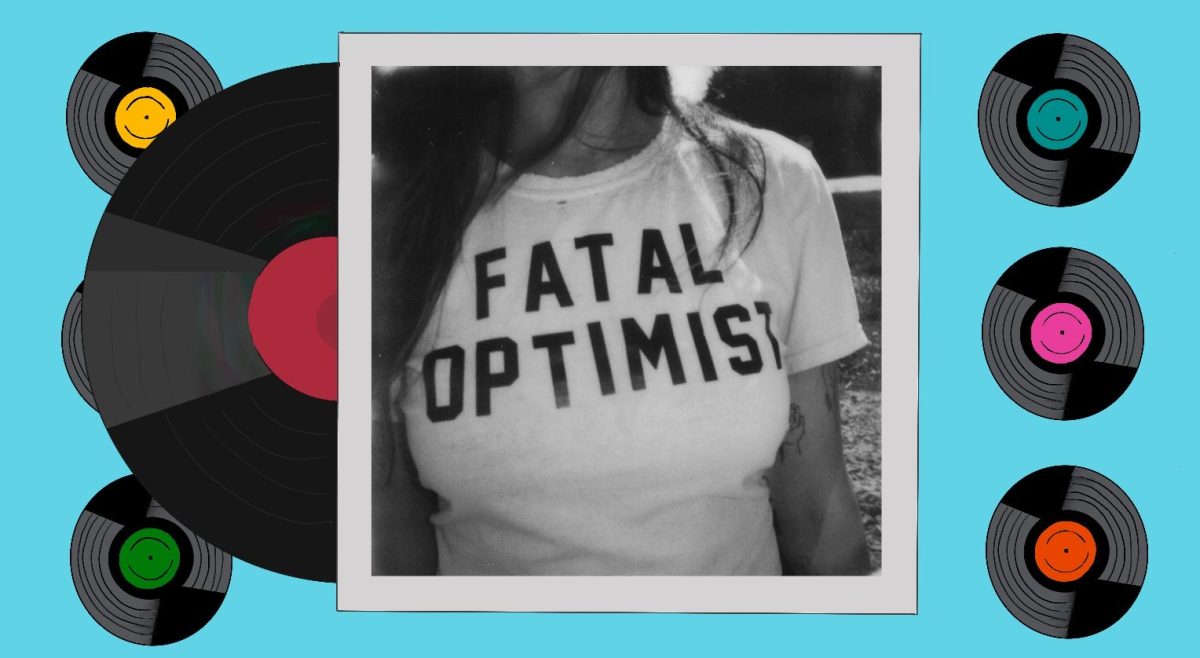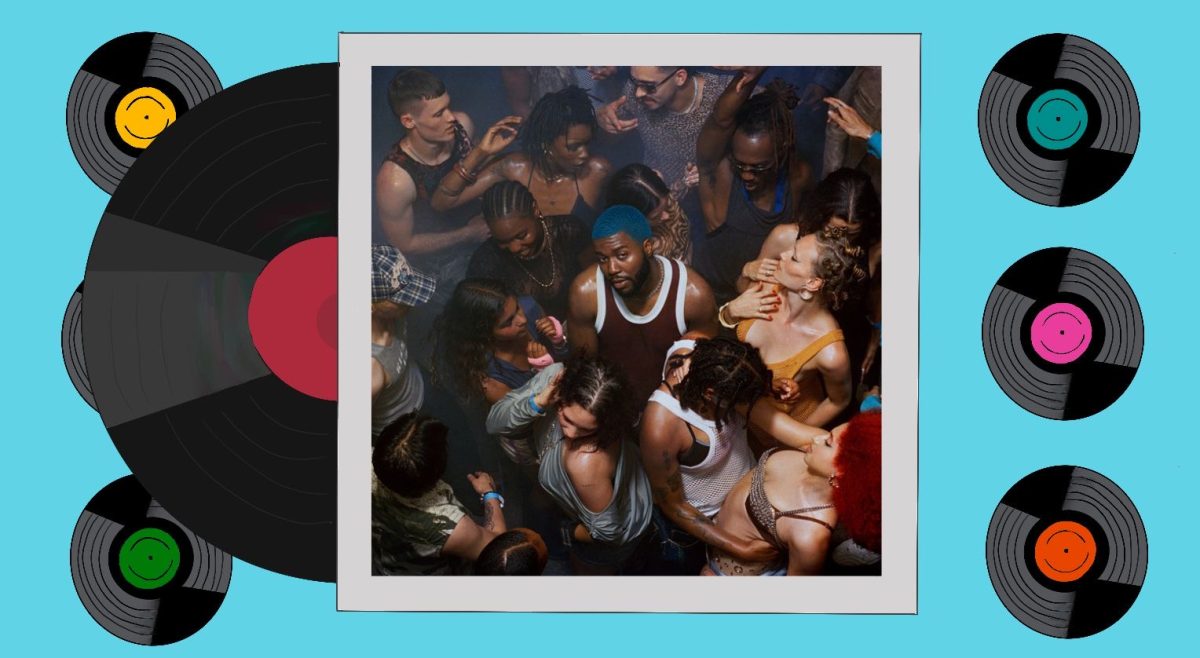★★★★★
Dave’s The Boy Who Played the Harp is a masterclass in maturity and inclusion. It’s a true model of an artist using their platform to be the voice of a greater minority.
Four years after We’re All Alone in This Together, the South London rapper returns with a subdued, contemplative record that sheds the boldness of his earlier work in favor of vulnerability and moral reckoning.
UK rap itself has been leaning into vulnerability, with artists trading intimidation for soul searching that reflects on who they are and where they have come from.
This album can serve as a launch pad for others to explore personal and societal truths in their music without compromising a spot on the charts.
The album opens with “History,” a track that begins with self-assured boasts but quickly retracts into a meditative track centered on purpose and legacy. Dave highlights life’s dangers and poetically addresses the success he’s achieved from his dreams.
“175 Months” serves as a confession and prayer to God, calling out for help and grace. The track delves into the passage of time, reflecting on his life, the inevitability of death, and prayer as a means of protecting others.
“Father God, forgive me / It’s been a couple years, there may be more that I ain’t prayed,” Dave sings.
Dave is able to characterize his break in discography, aligning it with the many other moments in life that just pass by in time. He leaves his audience questioning—do we take time for granted?
Collaborations with artists like James Blake, Kano, and Tems add further depth to the album’s exploration of identity and legacy.
“Fairchild” stands out as a poignant commentary on misogyny and societal violence, with Nicole Blakk’s verses amplifying the track’s emotional intensity.
Unlike characteristic Dave tracks such as the adrenaline-fueled “Thiago Silva,” “Fairchild” showcases a reflective, socially conscious artist unafraid to confront moral and societal complexities that might push away previous supporters of his.
The title track, “The Boy Who Played the Harp,” is a haunting reflection on the limits of art and the moral courage required to confront one’s own flaws.
Dave tussles with what he would do if he lived in another generation. Would he act as the protector his mother named him after, using his platform to push a generation of solidarity? Or would he shrink into silence?
“I talk by the money on all my accounts, so why don’t I speak on the West Bank?” says Dave.
This is a theme Dave harps on with this album: rhetorical questions that he asks himself about current events and his internal struggle with his place in all of this.
Dave shares his incredible voice with many different communities on this album. He positions himself not merely as a chronicler of life in South London, but as the interpreter and muse of broader human experience.
The Boy Who Played the Harp is the strongest musical testament to Dave’s artistic maturity. It is an album that prioritizes depth over spectacle, offering a nuanced exploration of personal and societal themes.
He runs headfirst and steadfastly into topics like sexual assault and the war in Gaza that leave other artists silent. Unlike them, Dave stands firm on his ground and sheds light on the topics.
In an era where the genre often prizes aggression, drugs, and exploitation of women over reflection, Dave’s latest effort reminds audiences of the power of music as a medium for a unified social consciousness.







